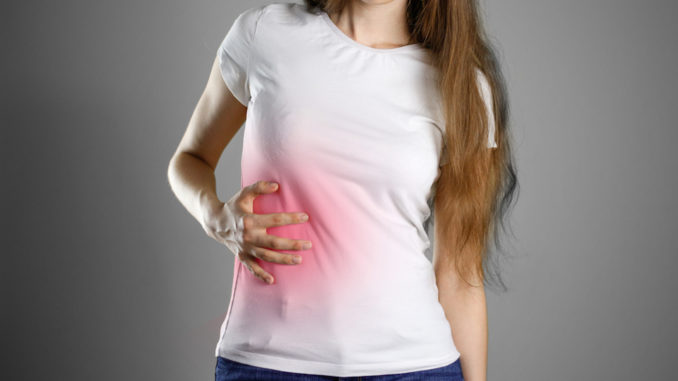
A new study published in the peer-reviewed journal Hepatology Communications finds that the multi-strain De Simone Formulation probiotic medical food may help in the dietary management of dysbiosis associated with cirrhosis by improving cognitive function, decreasing risk of falls, and improving inflammatory response. The De Simone formulation, which has been the subject of more than 70 clinical studies, is distributed in North America by Rockville, Maryland-based ExeGi Pharma under the brand name Visbiome®.
The double-blind placebo-controlled randomized trial, which was conducted by Román, Nieto, et al., included 36 patients studied between February 2013 and March 2016 and can be accessed at this link.
All patients were treated with sachets containing either the De Simone Formulation or a placebo for 12 weeks and assessed throughout the study for a battery of criteria including, among others, cognitive function, risk of falls, systemic inflammatory response, and biomarkers of intestinal barrier and bacterial translocation. Although previous studies have shown that probiotics can reduce systemic inflammation and the incidence of hepatic encephalopathy, the effect of probiotics on the risk of falling in patients with cirrhosis had not been evaluated.
The study found statistically significant improvements in cognitive function as measured by the Psychometric Hepatic Encephalopathy Score (PHES). It also found statistically significant decreases in the risk of falls as measured by both the Timed Up & Go (TUG) test and gait speed. In addition to reducing the risk of falls, the study also showed an impressive decline in the incidence of falls in the study population with 0% of the De Simone patients falling and 22% of the placebo group patients falling during the study. Not surprisingly, since the probiotic patients had improved cognitive function and reduced risk of falling, the study also showed a trend toward improvement in social isolation.
The study’s authors regard the measured decrease in C-reactive protein among the probiotic patients as one of the most important outcomes of the study due to its role in reducing the proinflammatory state. They note that “systemic inflammation is related to neuroinflammation, which in turn is a main factor involved in the pathophysiology of covert and overt hepatic encephalopathy.”
“We continue to be heartened with each clinical trial that demonstrates the important effects of the De Simone Formulation and Visbiome. It’s been well known for years to aid in the dietary management of pouchitis, IBS, and IBD, but the latest research shows its effects on broader systemic functions. Additional clinical trials are currently underway evaluating Visbiome in HIV prediabetes, depression, and Autism Spectrum Disorders. We can’t wait to hear the results”,
said Marc Tewey, CEO of ExeGi Pharma.
